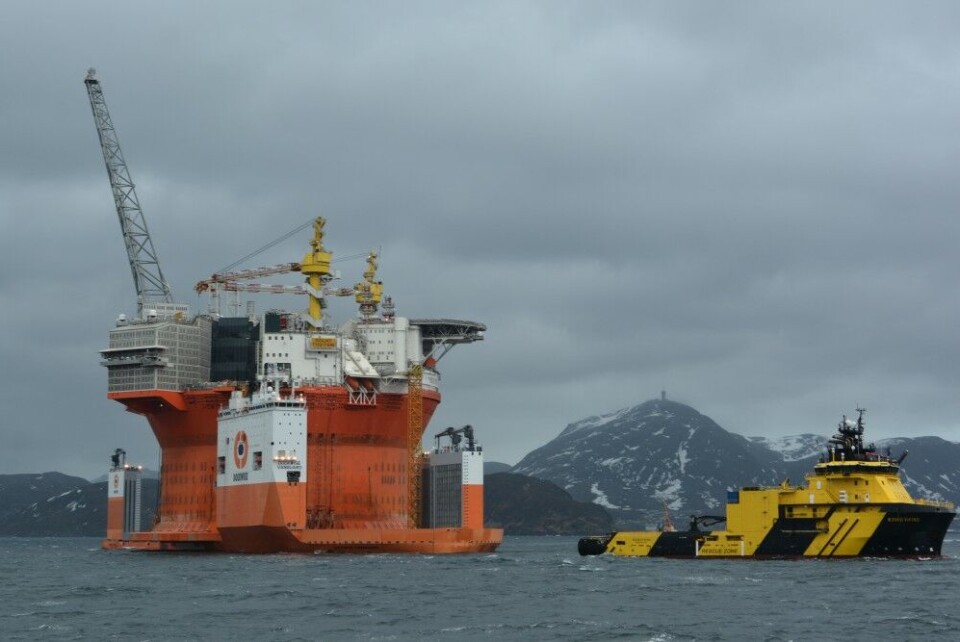
Economic benefits from new Barents oil could be negative, says government agency
New oil and gas projects in the Barents Sea might not bring positive economic gain for society, a report from the Norwegian Environmental Agency warns.
Norway is preparing the ground for a massive drilling campaign in the Barents Sea. In its proposed 25th Licensing Round, the government in Oslo wants to grant oil companies new vast acreage in the northernmost part of the Norwegian shelf. The proposal includes 125 new oil exploration blocks in the Barents Sea, many of them as far north as the 74th parallel.
However, a stern warning against the offensive drilling program now comes from the government’s now Environmental Agency. In its feedback on the 25th License Round issued as part of public hearing, the Agency says the total social and economic benefit “ultimately could tilt in a negative direction.”
The government has not taken account of so-called climate risks, nor reviewed social-economic consequences of the exploration activities, the agency officials argue.
It is the mounting costs related to exploration and field management in the Barents Sea, as well as future reduced demands in oil and gas that could pull down benefits in new projects, Agency Director Ellen Hambro explains to newspaper Klassekampen.

Hambro underlines that international demands for oil and gas ultimately will decline.
“There is no doubt that the international climate targets include a decarbonization of the energy sector and that the demand for oil and gas will drop,” Hambro says.
“This means a major transition risk for oil and gas nation Norway,” she explains.
Norway has issued a number of oil blocks in the Barents Sea over a number of years. However, the 25th License Round presented in April this year includes more blocks than ever before.
The massive oil and gas opening in the Barents Sea comes amid a dramatic warming in the Arctic spurred by CO2 emissions.

















